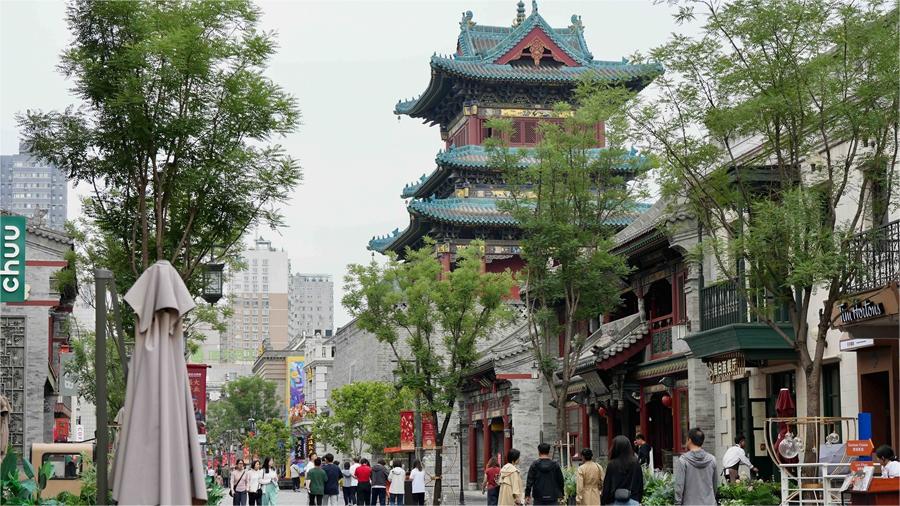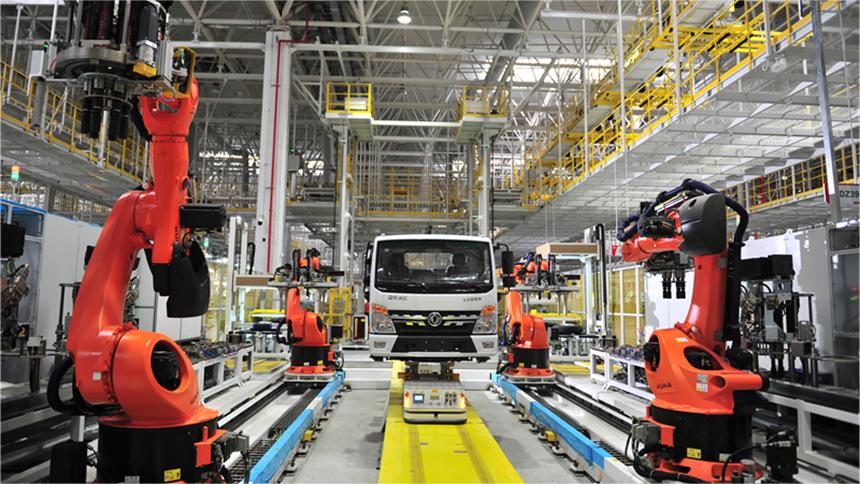Commentary: China-proposed resolution advocates coexistence, mutual learning among civilizations
BEIJING, June 15 (Xinhua) -- The 78th session of the United Nations General Assembly recently adopted a China-proposed resolution unanimously, designating June 10 as the International Day for Dialogue among Civilizations.
This is the latest endeavor by China and the international community to jointly promote inter-civilization dialogue.
While underscoring the high value of cultural diversity, the newly adopted Chinese proposal illustrates the core essence of the Global Civilization Initiative (GCI), standing out as a testament to the world's acknowledgement of China's dedication to promoting "equal dialogue and mutual respect" among civilizations.
China proposed the GCI in March last year, making a sincere appeal to the world for in-depth exchanges and mutual understanding among civilizations and the progress of human society.
Aligning with the trends and needs of the times, the GCI reflects China's holistic and symbiotic way of thinking in contextualizing how to co-exist with different civilizations in a peaceful and coordinated fashion, breaking free from the specters of the Cold War and zero-sum thinking.
It also demonstrates China's firm belief in equality, mutual learning, dialogue and inclusiveness among different civilizations, as well as its calling upon all countries to uphold humanity's common values such as fairness, justice, and freedom.
China also advocates that human progress should evolve "along a balanced, positive and upward trajectory," which necessitates that all countries overcome estrangement between civilizations with exchanges, prevent clashes through mutual learning, and overcome a false sense of superiority through coexistence.
China's view of civilization stems from its enduring culture of harmony and inclusiveness, said Raed Fahmi, secretary of the Iraqi Communist Party. Harmony, symbiosis and mutual learning are the correct ways for different civilizations to get along with each other, he said.
Another defining aspect of Chinese culture is its commitment to respecting differences. It is common sense that civilizations do not follow a single model or path, as history and the situation today remind us. Thus, differences in civilizations should not be seen as a source of global conflict, but rather as a driving force for human civilization to forge ahead.
Clear-eyed about the uniqueness of each country and its civilization, China sticks to inclusiveness, peaceful coexistence and win-win cooperation, striving to find more common ground among diverse interests and demands through offering shared international public goods, such as the GCI, the Global Development Initiative and the Global Security Initiative.
The world today is moving toward greater multipolarity and cultural diversity, and becoming increasingly information-oriented. Meanwhile, global challenges faced by humanity are getting ever more daunting, in particular climate change, geopolitical conflicts, growing social and economic inequalities, and record levels of xenophobia.
Against this backdrop, the urgency of enhanced intercultural understanding and coordinated joint responses from countries worldwide cannot be overstated.
The establishment of the International Day of Dialogue among Civilizations is aimed at fully leveraging the vital role of intercultural dialogue in eliminating discrimination and prejudice, promoting understanding and trust, and strengthening cooperation and solidarity, seeking to elevate global concerted efforts to address common challenges.
Meanwhile, China is also an active practitioner of equal exchanges among civilizations, sparing no effort to build bridges of intercultural exchanges and contributing Chinese wisdom to world peace and prosperity.
Over the years, China has been striving to enhance the mechanisms and multilateral cooperation frameworks of BRICS, the Shanghai Cooperation Organization, the Forum on China-Africa Cooperation, the China-Latin America and the Caribbean Forum and the China-Africa Cooperation Forum, setting an example for the harmonious coexistence of different civilizations and allowing culture to help build a community with a shared future for humankind.
On Monday, the first International Day for Dialogue among Civilizations, the United Nations Educational, Scientific and Cultural Organization (UNESCO) highlighted that intercultural dialogue is key to a sustainable future, which "allows us to celebrate and leverage diversity" and is a "tool for peace and inclusion."
Calling it "a means to understand each other, to cooperate, and develop trust," Gabriela Ramos, UNESCO assistant director-general for social and human sciences, viewed China's latest proposal as "an opportunity to shine a light on the potential of dialogue to build bridges across differences and equip our societies with the means to solve all the challenges."
As a responsible major country, China will stay dedicated to sharing more wisdom and platforms for cooperation and development that aim to bring mutual benefits and win-win outcomes to all sides.
Together, through regular intercultural dialogue among civilizations, China is ready to join forces with all its counterparts to boost mutual understanding and trust, and pursue promising prospects for the future.
Photos
Related Stories
Copyright © 2024 People's Daily Online. All Rights Reserved.









